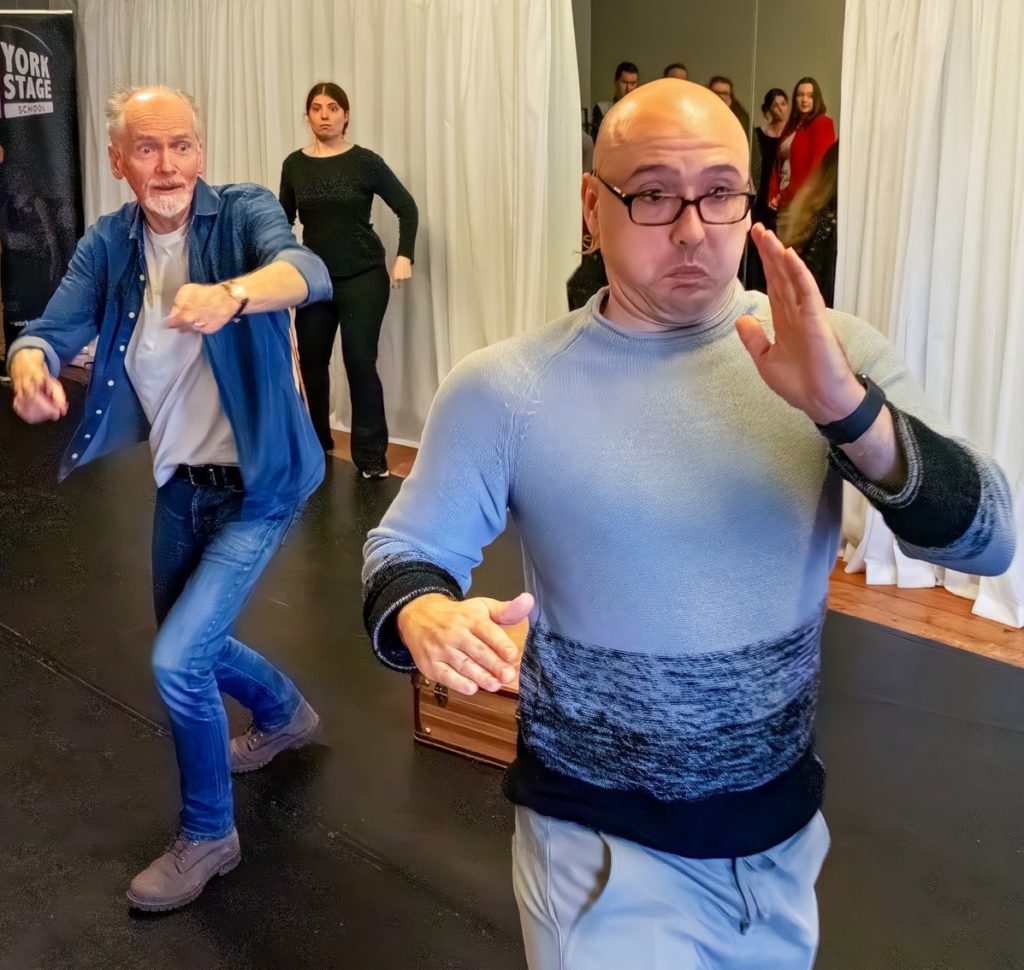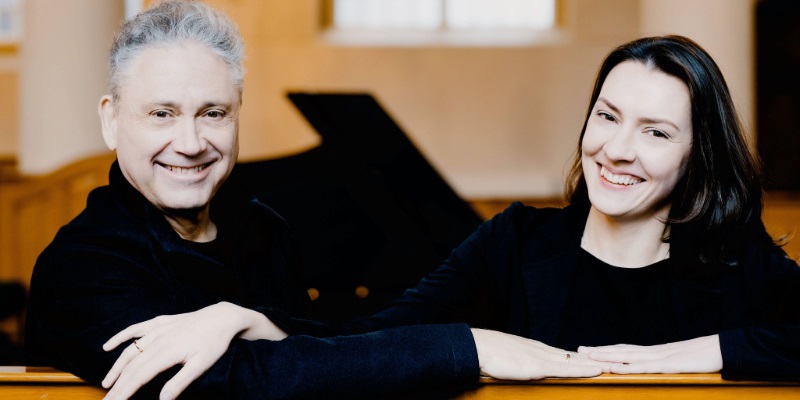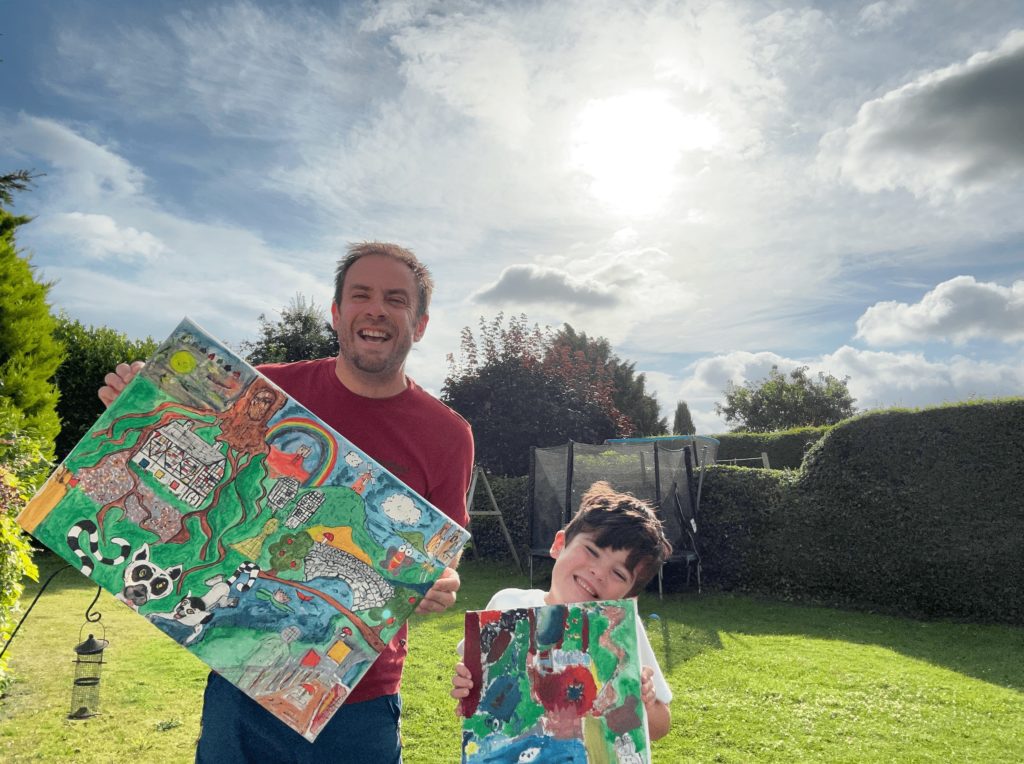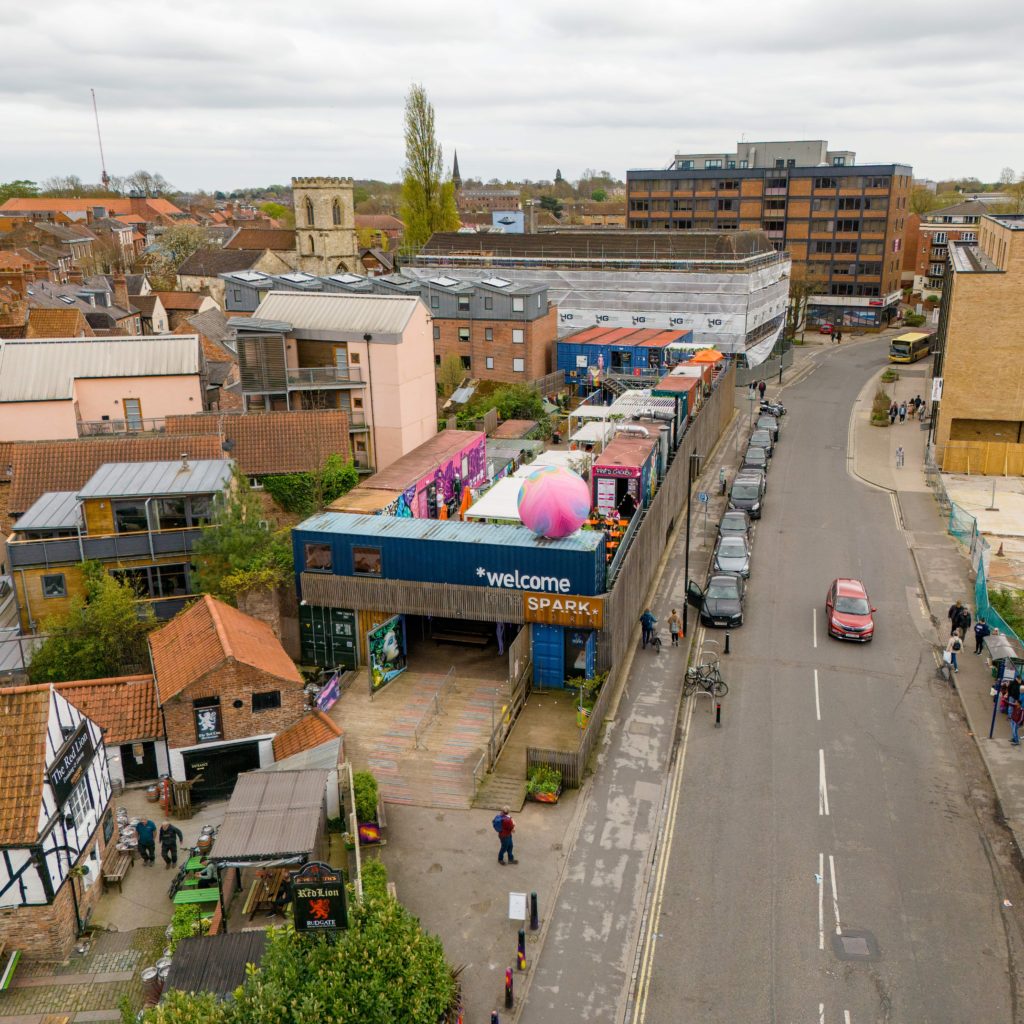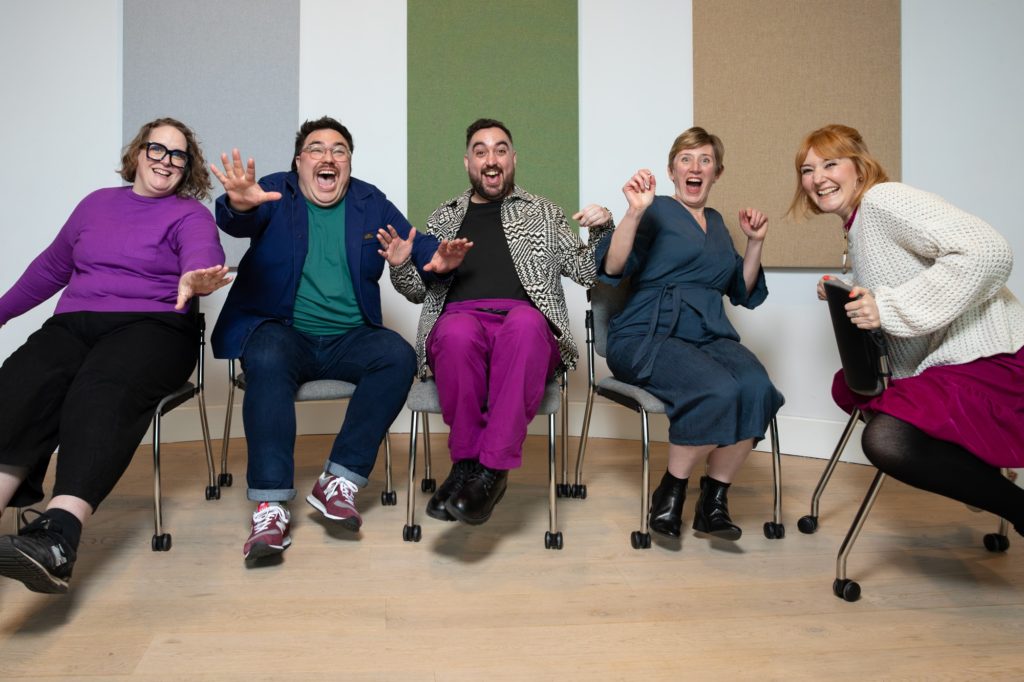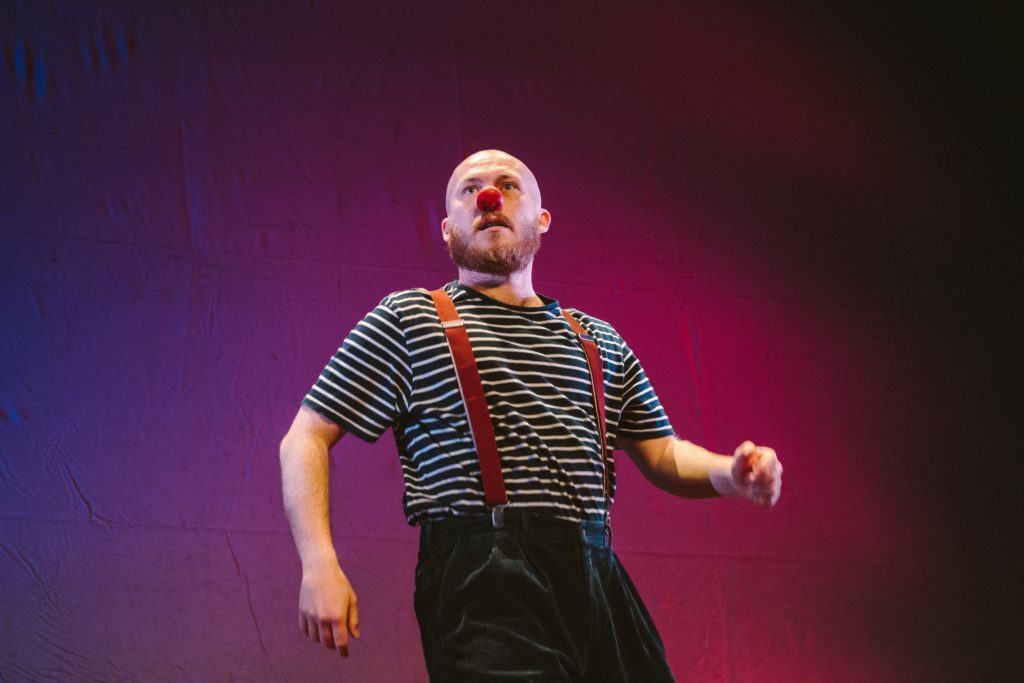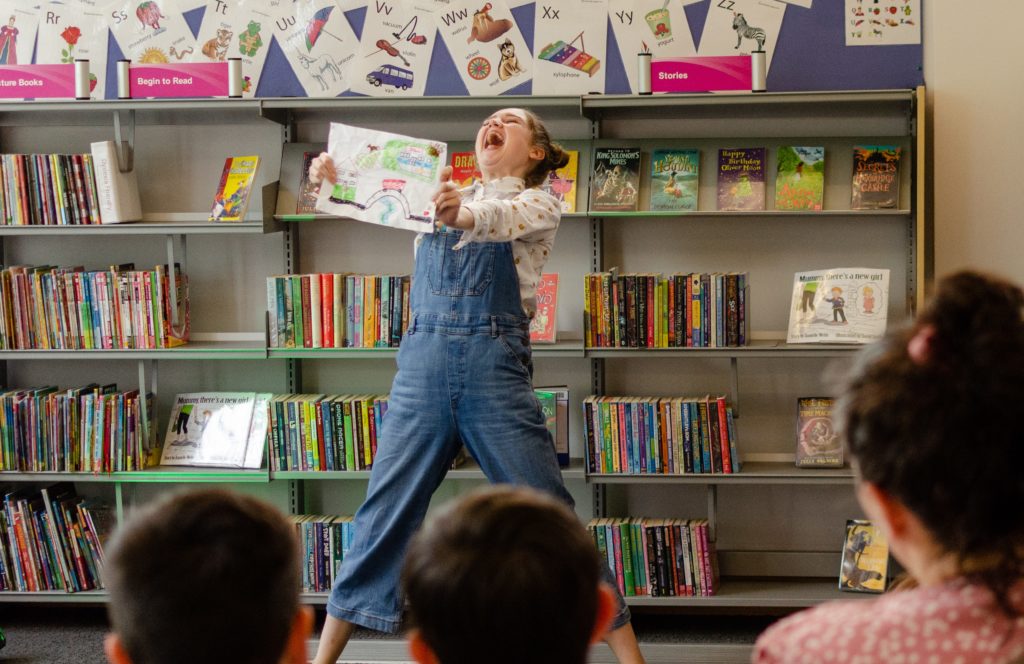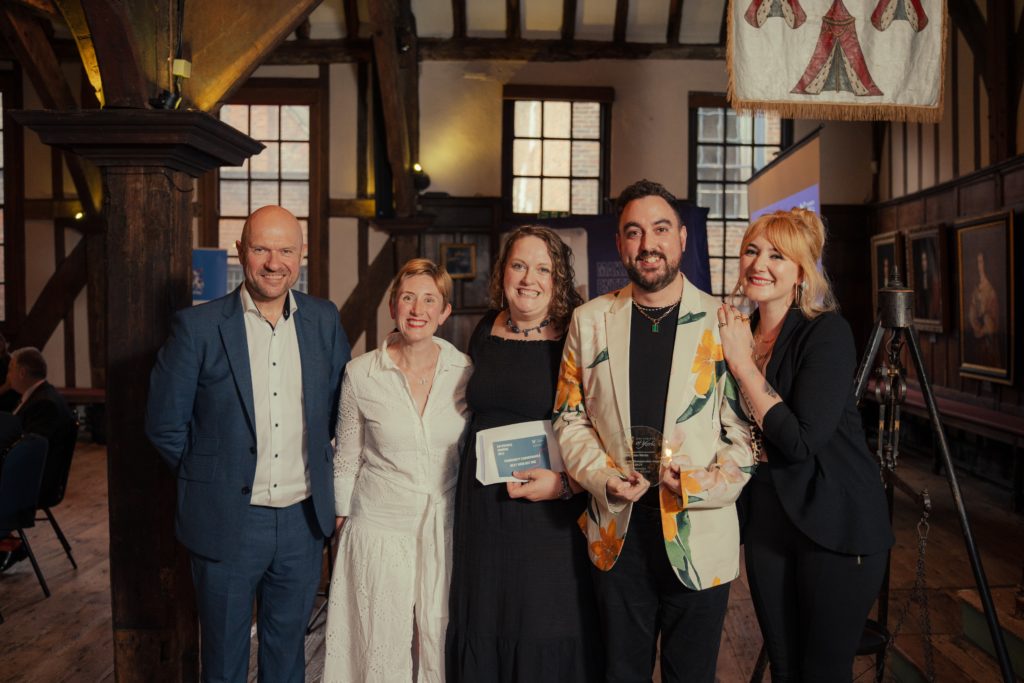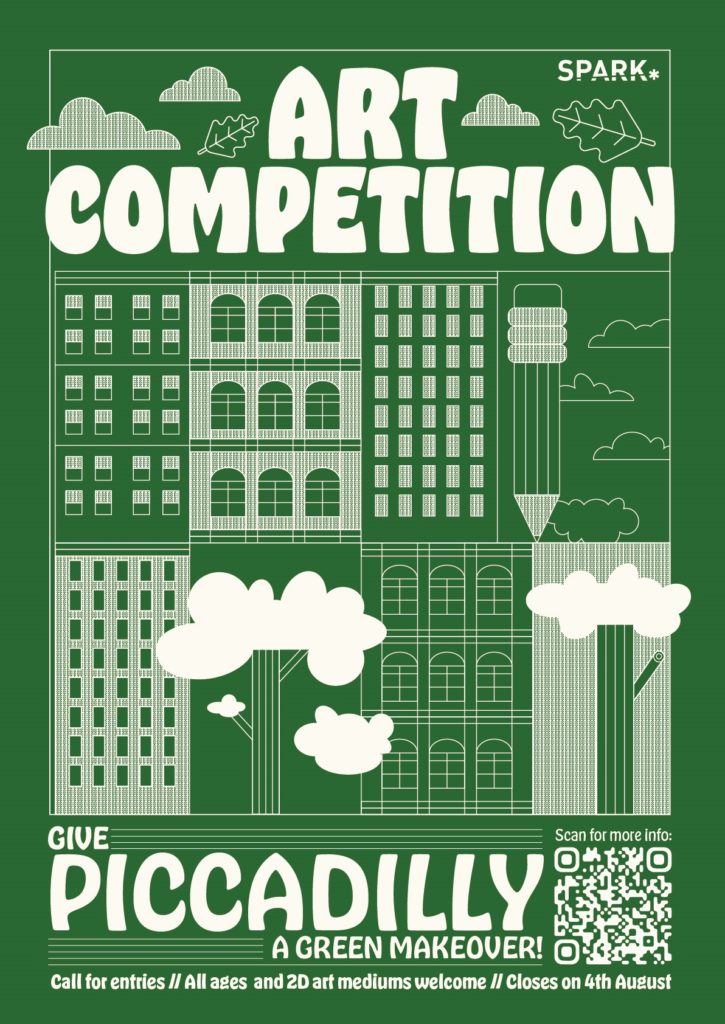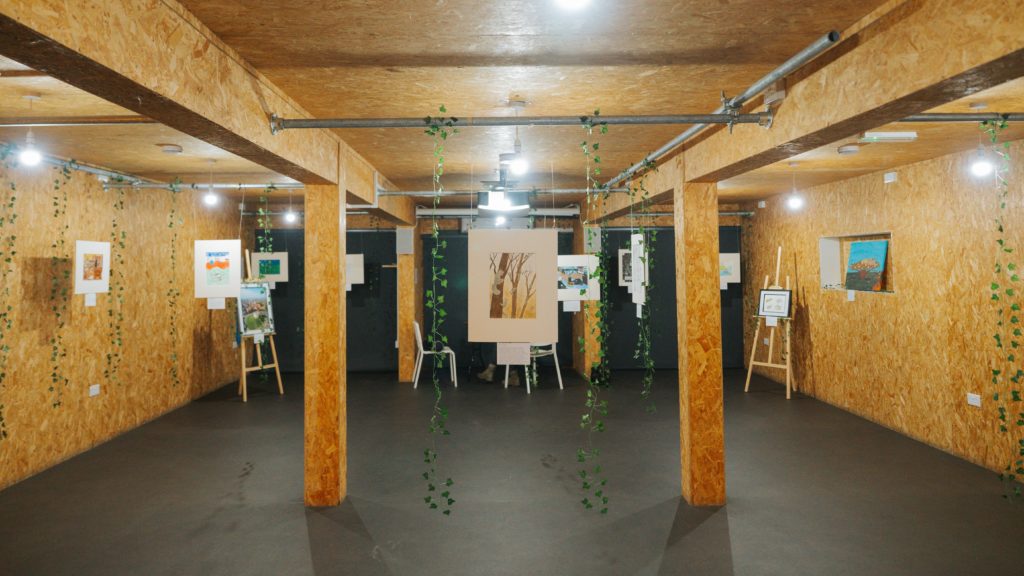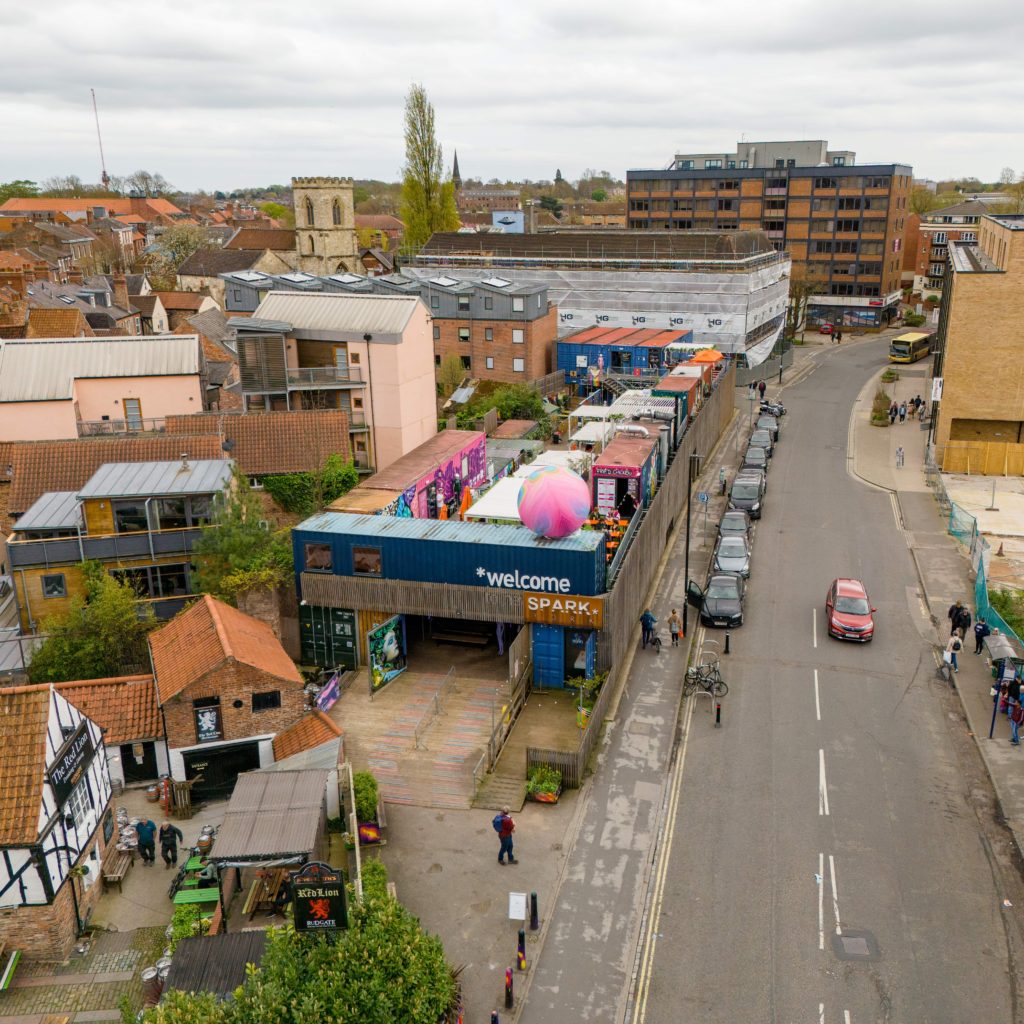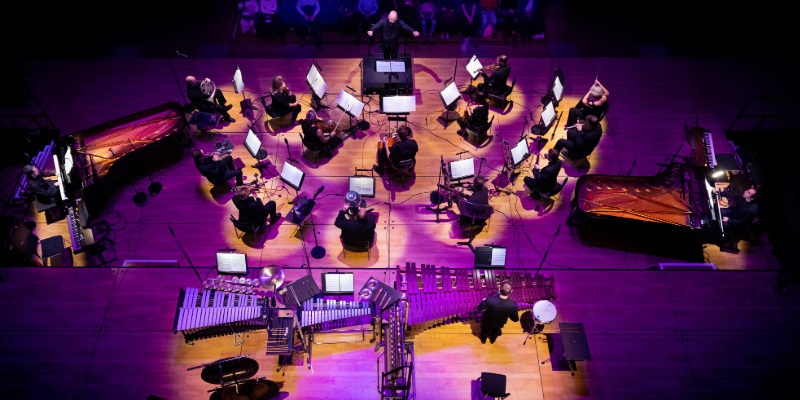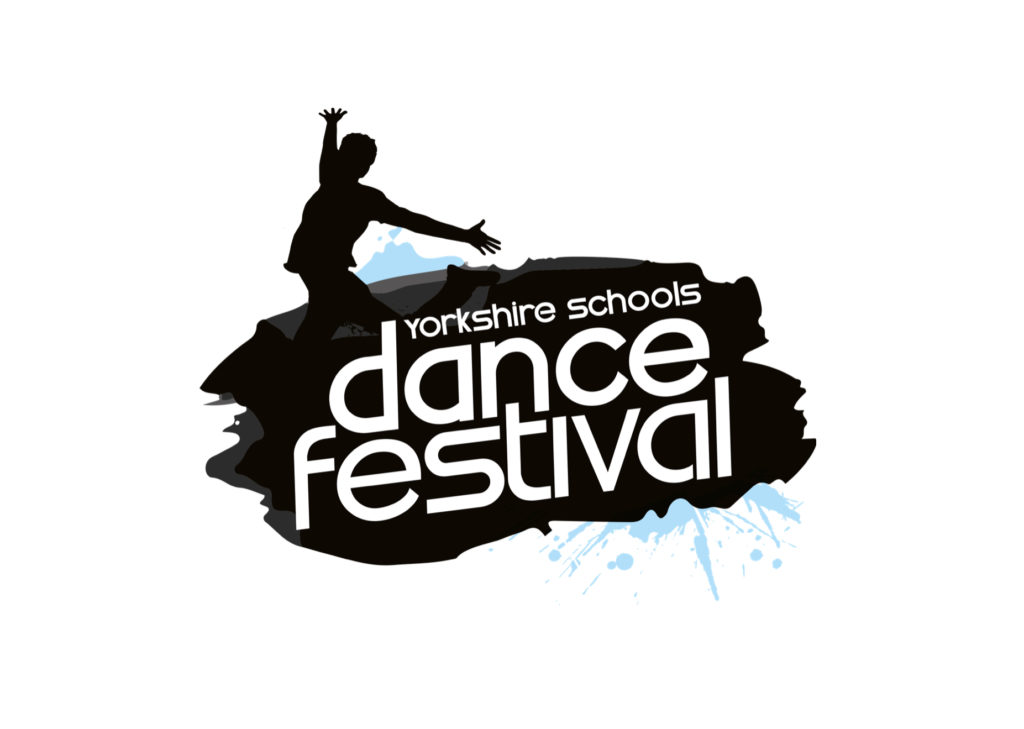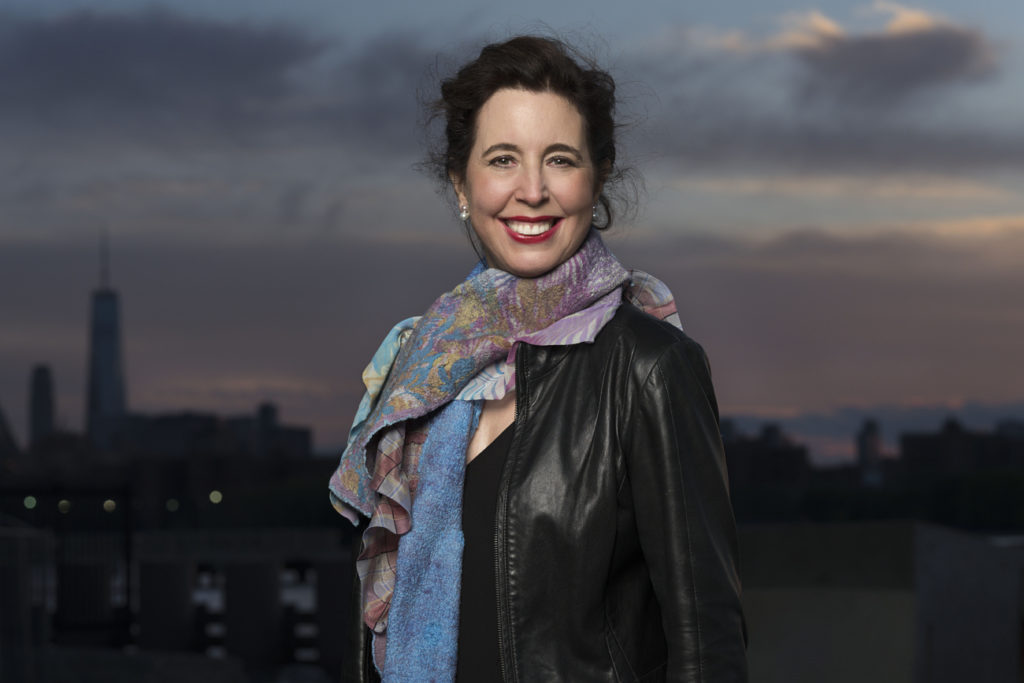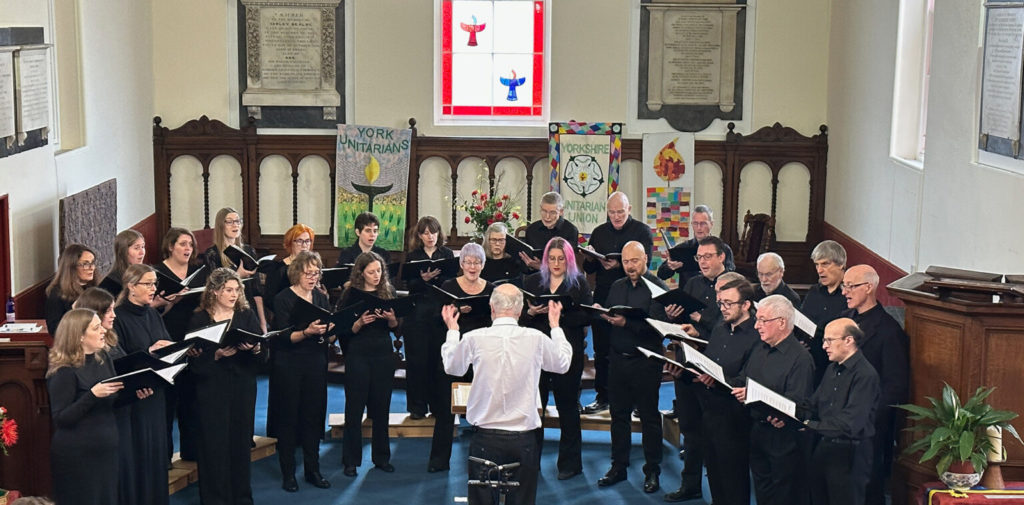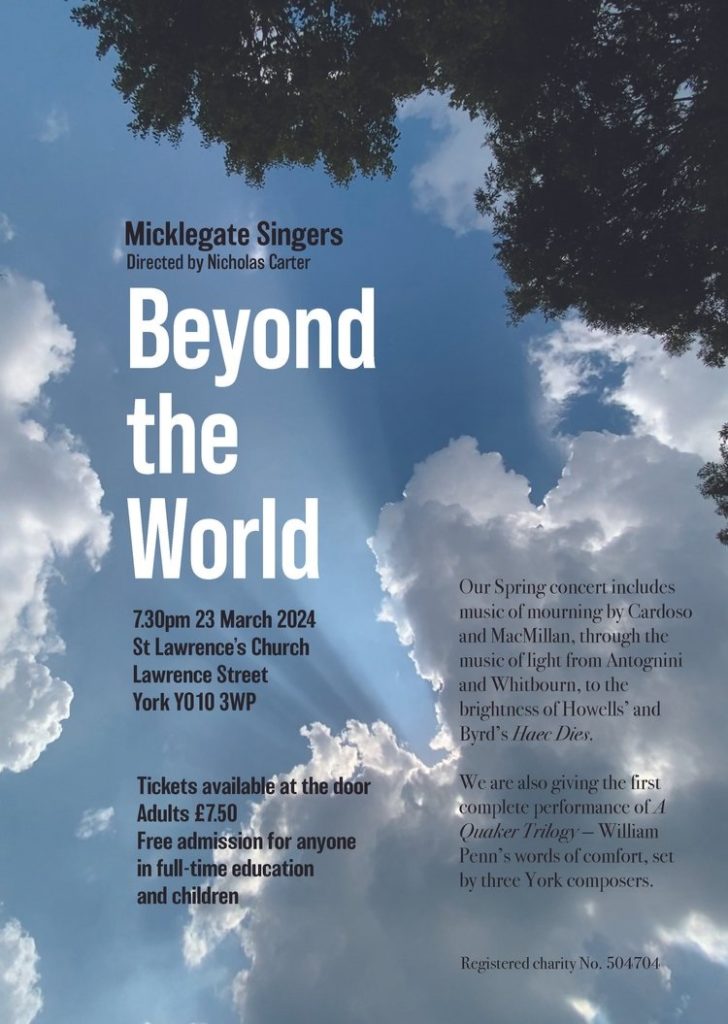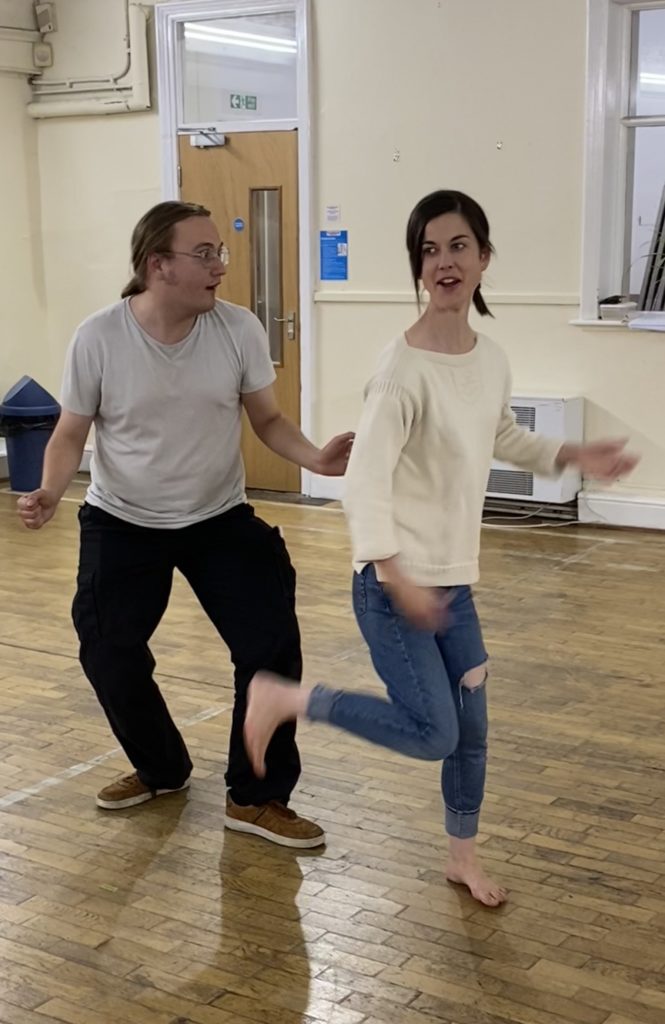
WHAT can a dog puppet do that a human can’t? Find out in York Shakespeare Project’s The Two Gentlemen Of Verona at Theatre@41, Monkgate, York, from tomorrow to Saturday.
‘Two Gents’ is possibly the first play Shakespeare ever wrote and certainly the only one with a part for a canine.
Settling into a mission to bring all Shakespeare’s plays to York on a second cycle, these facts could have presented YSP with some interesting challenges. Luckily YSP found a director eager to deliver a fascinating take on this 1593 comedy.
Originally from the United States of America, Tempest Wisdom studied theatre at the University of Chicago before pursuing a Masters degree in theatre-making at the University of York.
Already making their mark on the York theatre scene as the creator and host of the bi-monthly Bard at the Bar, a Shakespeare karaoke night at Micklegate Social, now Tempest is bringing their enthusiasm and talent to YSP’s autumn production.
“I’m setting The Two Gentlemen Of Verona in a Victorian music hall,” says Tempest. “A bawdy, raucous place where a host of variety acts will come together to stage the play.”
Theatre@41 will be transformed for the occasion, giving cast members the exciting challenge of becoming variety performers, each delivering their special act as well as lines from Shakespeare’s play, including Launce with his performing dog, Crab.

“The play-within-a-play structure combines Shakespeare’s signature wit with the razzle-dazzle and slapstick of an evening of variety,” says YSP chair Tony Froud. “A live pianist will add to the Victorian feel of the evening; Shakespeare’s characters will seamlessly rub shoulders with classic music-hall songs, such as Champagne Charlie and The Lass Of Richmond Hill, as the newly assembled company of knife throwers, strongmen, musicians and comedians pool their skills to bring together this rarely-performed comedy.”
Tempest explains the rationale behind the music-hall setting. “Two Gentlemen is one of Shakespeare’s earliest works, and you can already see the characteristic zaniness of his comedies beginning to take shape: cross-dressing, love songs, ribald humour.
“In my opinion, the best Shakespeare productions use their setting to complement the themes and tone of the text, and I thought a music hall, with its quick pace, slapstick and bawdiness, would be the best way to bring that zaniness to its full potential.”
The Two Gentlemen Of Verona is known by some as the play enjoyed by Dame Judi Dench’s Elizabeth I in the 1998 film Shakespeare In Love. The Queen is particularly taken by the performing dog, Crab, who, in time honoured fashion, outshines the actors.
The appearance of a dog is one of the most famous features of the play. In YSP’s production, Crab will be a puppet, built and brought to life by the capable hands of York theatre-maker and puppeteer Wilf Tomlinson.
“Working with Wilf is a joy,” says YSP cast regular, Lara Stafford, who plays Crab’s owner, Launce. “Crab might not have any lines but he’s got a huge presence; it’s a complete double act, and we’re having a great time in rehearsal. There are a lot of things human actors aren’t allowed to do that dog puppets can get away with. It’s going to be very funny.”
In the spotlight: director Tempest Wisdom

Where are you from?
“My answer changes depending on how much time you have! My father served in the Marine Corps through the entirety of my childhood, so I had a typical ‘military brat’ upbringing, moving across the world every couple of years.
“To this day, I haven’t lived anywhere longer than four years, and that was an anomaly. That’s all going to change, though: rehearsals for this production began on my third Moving-To-York anniversary, and if I have my way, I’ll be sticking around for several more.”
Where did you study and what part did Shakespeare play in your education?
“I went to school at the University of Chicago, where I had the honour of studying with the Shakespeare scholar David Bevington. He came to every production the Shakespeare troupe on campus ever put on, and would host a wine-and-cheese dramaturgy night at his home for the team.
“One of the highest compliments I have ever received was from him, when I played Antipholus & Antipholus in a vaudeville production of The Comedy of Errors (from which I have stolen shamelessly for Two Gents. If by any chance the director of that show ever reads this article: hello, Jacob, I’m not sorry!)
“Professor Bevington came up to me afterwards and told me it was one of his favourite student productions he’d ever seen. There are many people back in the States that I wish could see this show, and he is foremost among them.
“More recently, I received my Masters in Theatre-Making from the University of York.”
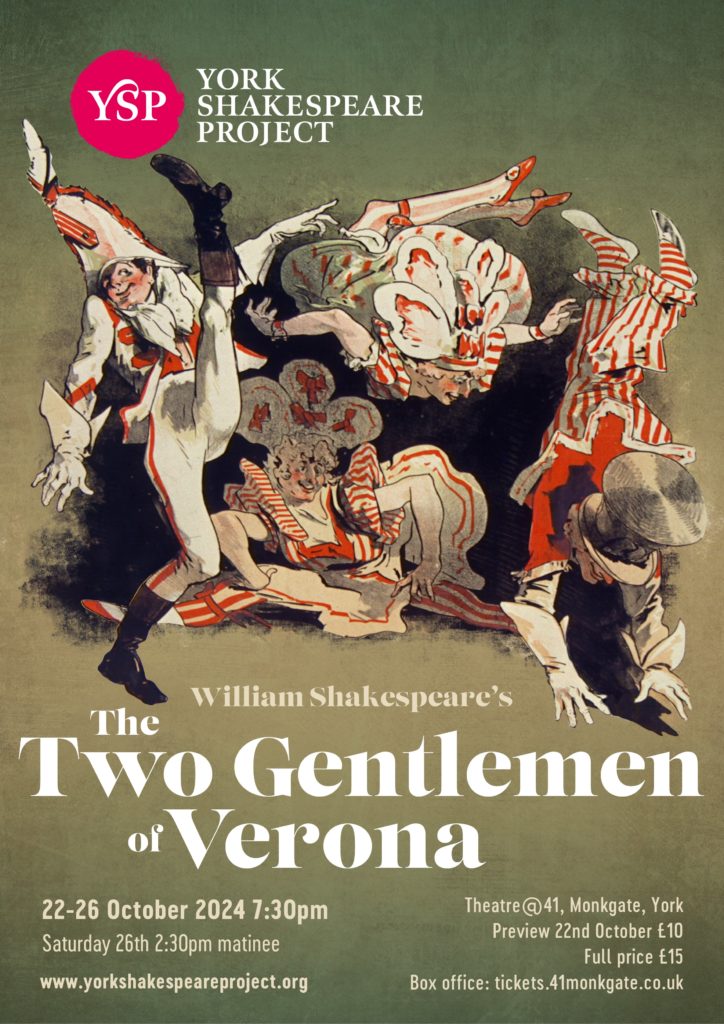
What first drew you to performing and now directing Shakespeare?
“I’ve been performing and studying Shakespeare since I was 11 years old, when I was cast in a bit part in a school production of Romeo & Juliet. I was given the iconic ‘Do you bite your thumb at me, sir?’ line in Act I, Scene I… and I completely flubbed it!
“To me, the fun of directing Shakespeare in particular, and really any exciting script, is in the storytelling. These are densely packed texts on both the macro and micro level, and it’s my job as director to puzzle out how to unpack as much as possible, to use the mechanics of the stage to reveal, highlight, comment or inflect.
“In many ways it’s the same with clowning: the challenge is to tell a story to the audience as clearly as possible. In this case, the text and the clowning have brought out the best in each other. I find that happens very often with Shakespeare: the man knew how to write for clowns!”
What gave you the idea to give Two Gents a Victorian variety act/music hall setting?
“Like I said, I think a strong sense of physical comedy and clown in a performance of Shakespeare really allows the text to sing. In this case, I mean that literally: this performance features a poem from the text set to original music composed by our music director, Stuart Lindsay.
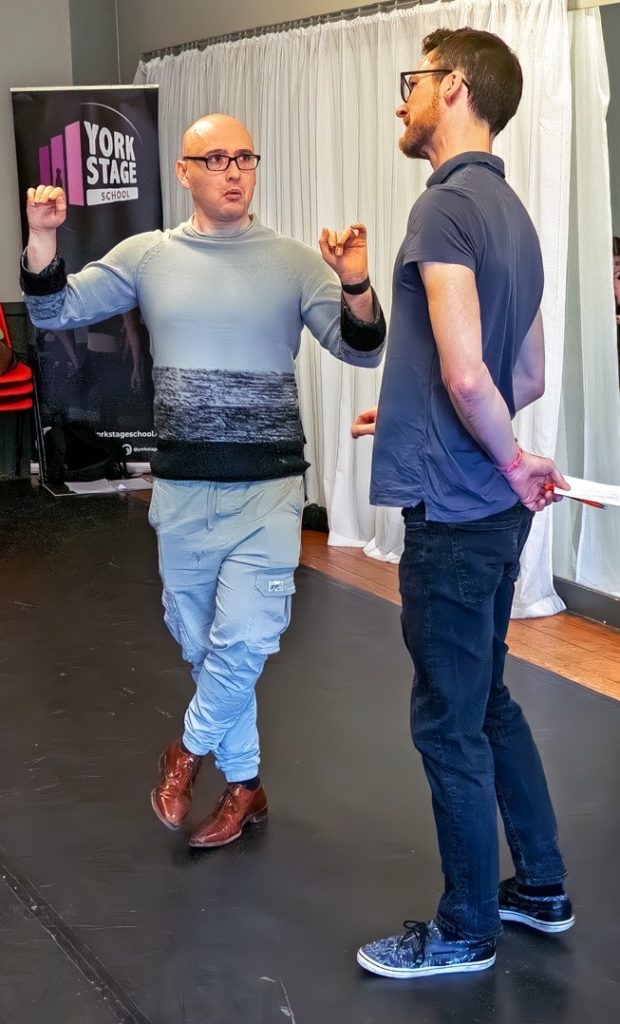
“So, clown was my first port of call when thinking about staging Two Gents. In terms of the music hall specifically, this play features such a zany cast of characters, many of whom only show up for a scene or two, and I wanted to highlight each and every one of them as a series of variety acts.
“There are plenty of interesting thematic resonances between this setting and the text, particularly when it comes to the sexual politics of 16th-century courtly romance and the prudishness for which the Victorians are known; the ideas Shakespeare is exploring around the construction of a public persona and the codification of celebrity that occurred in large part as a result of the national popularity of the music hall, and the evolving social codes around how women were allowed to exist in public.
“But to be completely honest with you, the primary thought that went into the choice was ‘how much fun would it be if…?’
“And, not to spoil anything, but the play-within-a-play framework gives us leeway to question and push back against some assumptions that Shakespeare’s text makes.”
How would you describe an evening at Bard at the Bar to the uninitiated?
“I need to start by saying that Bard at the Bar was not my idea. I lived in Seattle before I came here, where Bard in a Bar was my absolute favourite social event. When I left, I missed it so terribly, and I felt so strongly that York would love this sort of thing that I sought the blessing of the creator, Anthea Carns, to bring it with me.
“Bard at the Bar is Shakespeare, ‘karaoke’ style. What that means is I choose a play and pick out a couple key scenes, which are then performed sight-unseen by volunteers on the night.
“Everyone has a script in one hand, a drink in the other, and mischief on the brain. Recently we’ve had a love sonnet performed to a dog, a fight involving a chair being thrown (a stage fight, of course, not a real one), an a cappella rendition of Tom Jones’s It’s Not Unusual, and lots and lots of dirty jokes.
“It takes place on the last Sunday of every other month in The Den at the Micklegate Social, and both lovers of Shakespeare and those completely unfamiliar with his work have told me how much fun it is.
“I unfortunately had to cancel the last one because I caught Covid, but I’m pleased to announce that we are back on for November 24 (7pm), when we’ll be doing ‘The Scottish Play’ [Macbeth]. The best place for updates on that project is @bardatthebar_york on instagram and eventbrite.”
Who’s in the York Shakespeare Project cast for ‘Two Gents’?
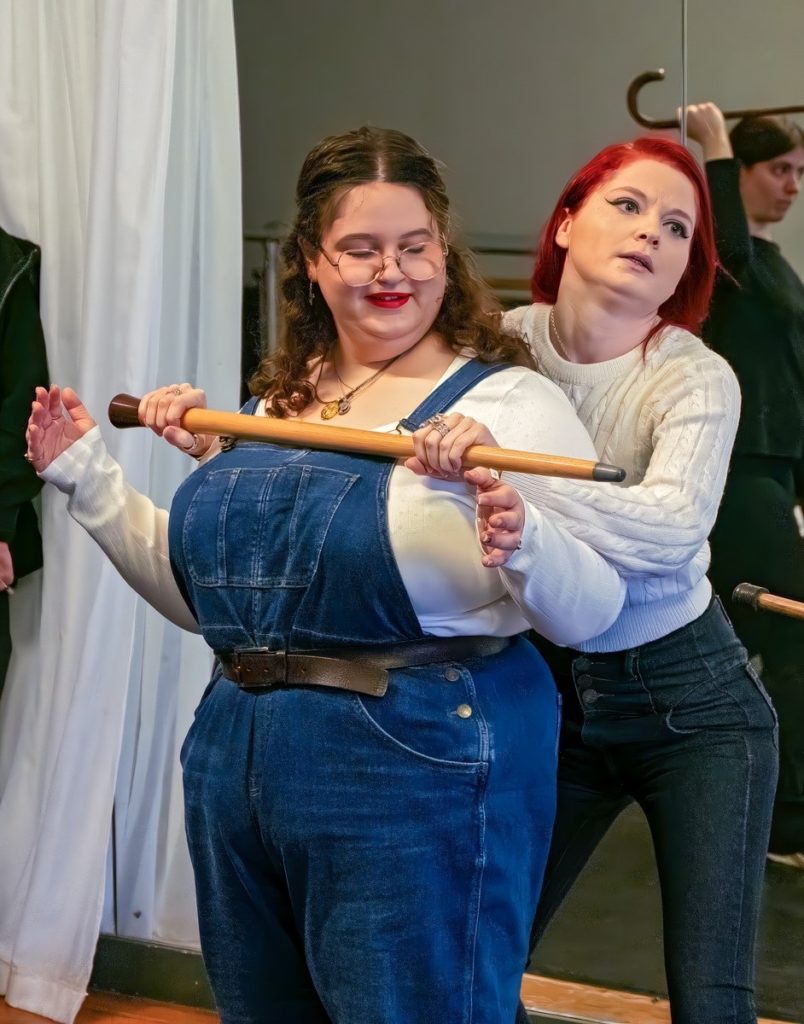
Proteus: Nick Patrick Jones
Valentine: Thomas Jennings
Silvia: Effie Warboys
Julia: Lily Geering
Chairwoman: Jodie Mulliah
Pianist: Stuart Lindsay
Panthino: Charlie Barrs
Speed: Liz Quinlan
Launce : Lara Stafford
Crab: Wilf Tomlinson
The Duke of Milan: Mark Payton
Thurio: Charlie Spencer
Antonio: Stuart Green
Lucetta: Anna Gallon
Sir Eglamour: Jonathan Cook
The Outlaws: Pearl Mollison, Kay Maneerot and Celeste North Finocchi
York Shakespeare Project in The Two Gentlemen Of Verona, Theatre@41, Monkgate, York, Tuesday (cut-price preview) to Saturday, 7.30pm plus 2.30pm Saturday matinee. Box office: tickets.41monkgate.co.uk. “Book now for the event of the 19th century!” says Tempest.
